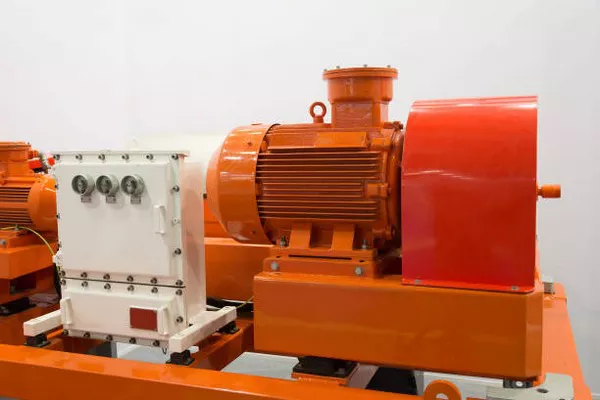In today’s modern world, a reliable and efficient power supply is crucial for the smooth functioning of homes and businesses. Power outages can occur unexpectedly due to various reasons such as severe weather conditions, electrical faults, or grid failures. To ensure uninterrupted power during such instances, investing in a high-quality home generator becomes imperative. With a plethora of options available in the market, selecting the best home generator can be a daunting task. This article aims to guide consumers through the process of choosing the most suitable generator for their specific needs.
Consider Power Requirements:
The first step in selecting the best home generator is to assess the power requirements of your household. Different generators come with varying power capacities, typically measured in kilowatts (kW). To determine your power needs, make a list of essential appliances and devices you would like to keep running during a power outage. Consider critical items such as refrigerators, heating or cooling systems, medical equipment, and electronic devices. Add up the wattage requirements of these items to estimate the generator size needed.
Fuel Type:
Generators are available in various fuel types, including gasoline, propane, diesel, and natural gas. Each fuel type has its advantages and disadvantages, so it’s important to choose one that aligns with your preferences and circumstances.
Gasoline generators are widely available and more affordable but may not be as fuel-efficient as some alternatives. Propane generators offer cleaner burning and can be stored for long periods without deterioration. Diesel generators are known for their fuel efficiency and longevity, making them suitable for extended use. Natural gas generators are convenient for those with a natural gas supply line, providing a constant fuel source.
Portability and Installation:
Consider whether you need a portable or standby generator based on your usage requirements. Portable generators are versatile and can be moved around, making them suitable for occasional use during camping or outdoor events. Standby generators, on the other hand, are permanently installed and automatically turn on during a power outage. They are seamlessly integrated into the electrical system, providing a hands-free solution for continuous power supply.
Additionally, check the installation requirements for each type of generator. Portable generators typically require manual setup and connection to appliances, while standby generators may need professional installation and compliance with local building codes.
Automatic Transfer Switch (ATS):
For standby generators, the presence of an Automatic Transfer Switch (ATS) is crucial. The ATS automatically detects a power outage and switches the electrical load to the generator, ensuring a seamless transition without any interruption. This feature is especially important for those who want a reliable and hands-free solution for power backup.
Noise Level:
The noise level of a generator is an important consideration, especially if you live in a residential area with noise restrictions. Inverter generators are known for their quiet operation, making them suitable for residential use. Traditional generators, while effective, can be noisy and may require proper placement or soundproofing measures.
Brand Reputation and Warranty:
When investing in a home generator, it’s essential to consider the reputation of the brand and the warranty offered. Choose a generator from a reputable manufacturer with a history of producing reliable and durable products. A longer warranty period provides added peace of mind and indicates the manufacturer’s confidence in the product’s quality.
Fuel Efficiency and Runtime:
Evaluate the fuel efficiency and runtime of the generator, as these factors directly impact its performance during an outage. Look for generators with features such as an eco-mode, which adjusts the engine speed based on the electrical load, maximizing fuel efficiency. Consider the runtime on a full tank of fuel to ensure the generator can meet your power needs for an extended period if necessary.
See Also: How Long Do Generac Generators Last
Conclusion:
Selecting the best home generator involves careful consideration of factors such as power requirements, fuel type, portability, automatic transfer switch, noise level, brand reputation, warranty, fuel efficiency, and runtime. By thoroughly assessing your specific needs and preferences, you can make an informed decision that ensures a reliable and uninterrupted power supply for your home. Remember to consult with professionals, read customer reviews, and compare specifications to find the generator that best meets your requirements. Investing in the right home generator is an investment in the safety and comfort of your household during unforeseen power outages.

